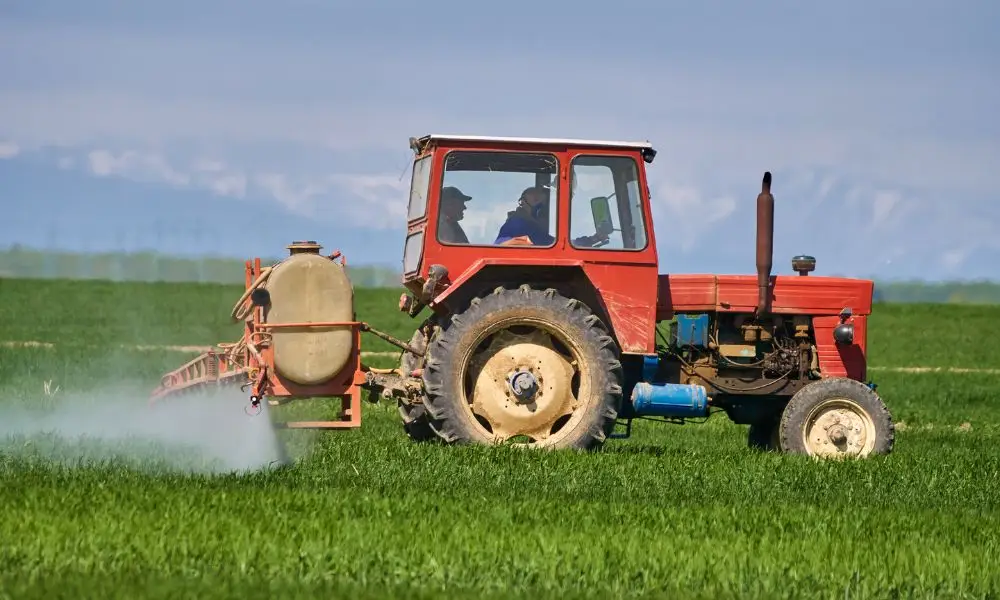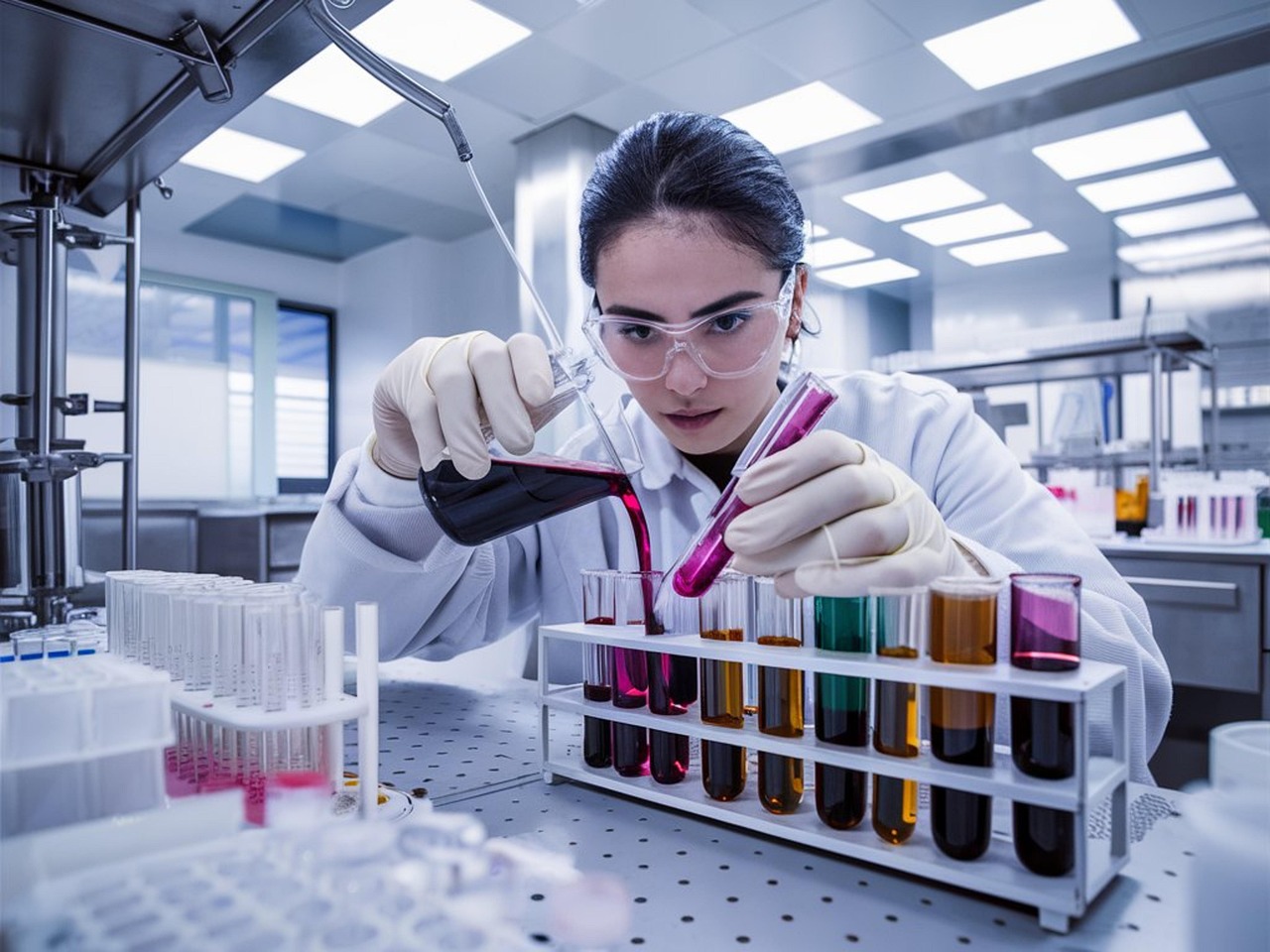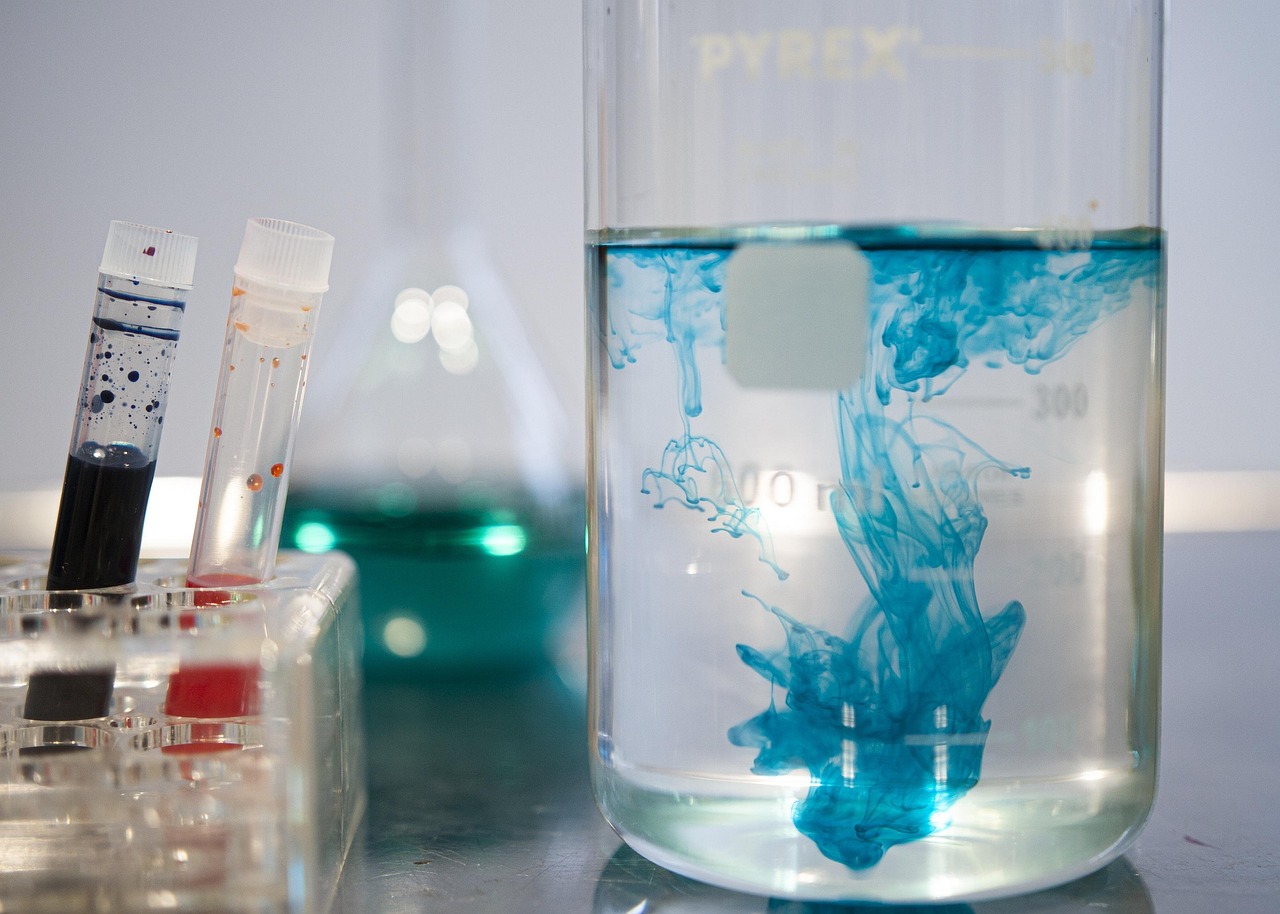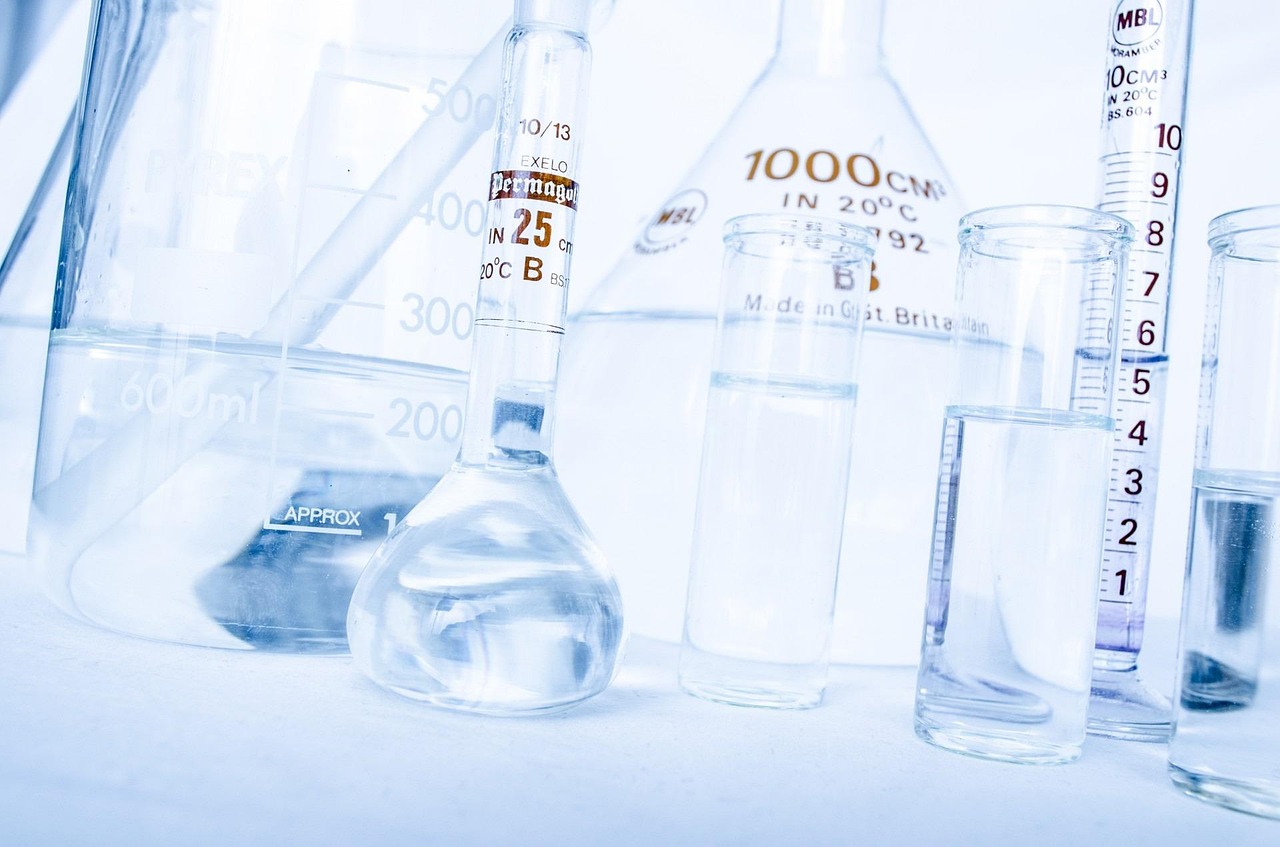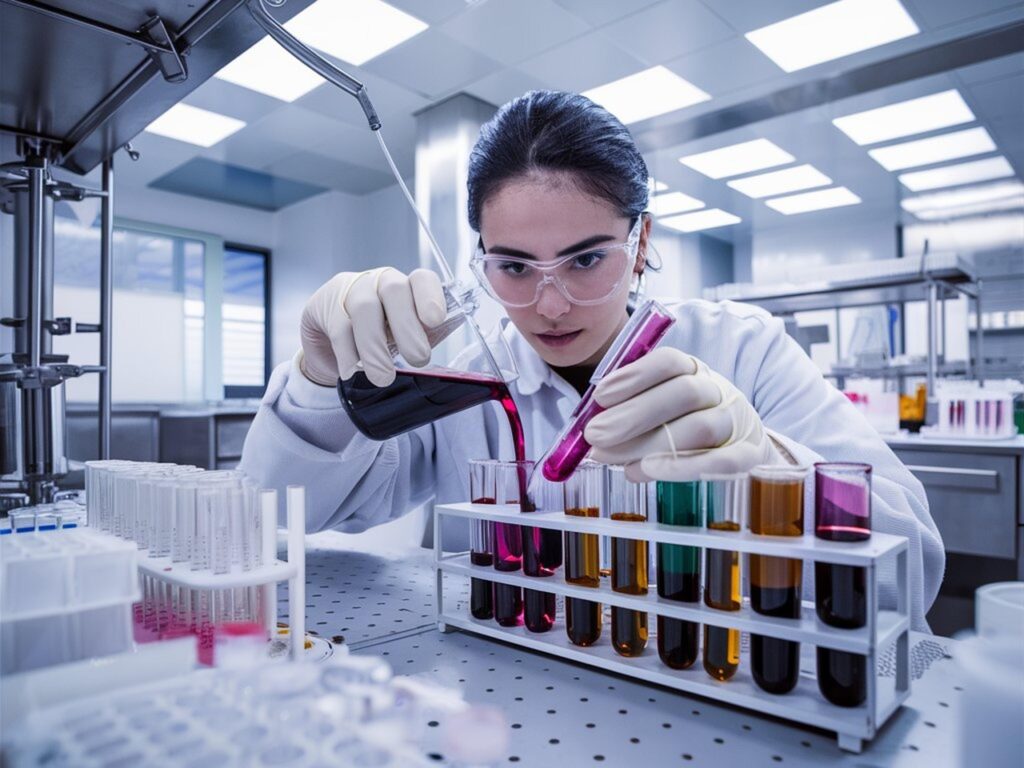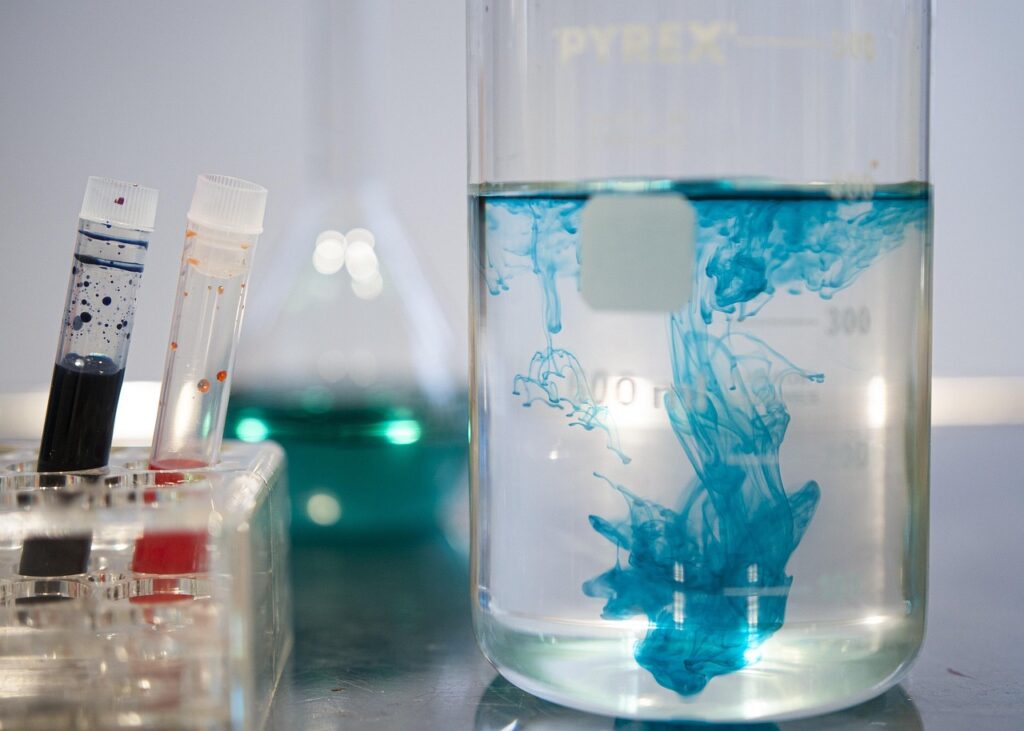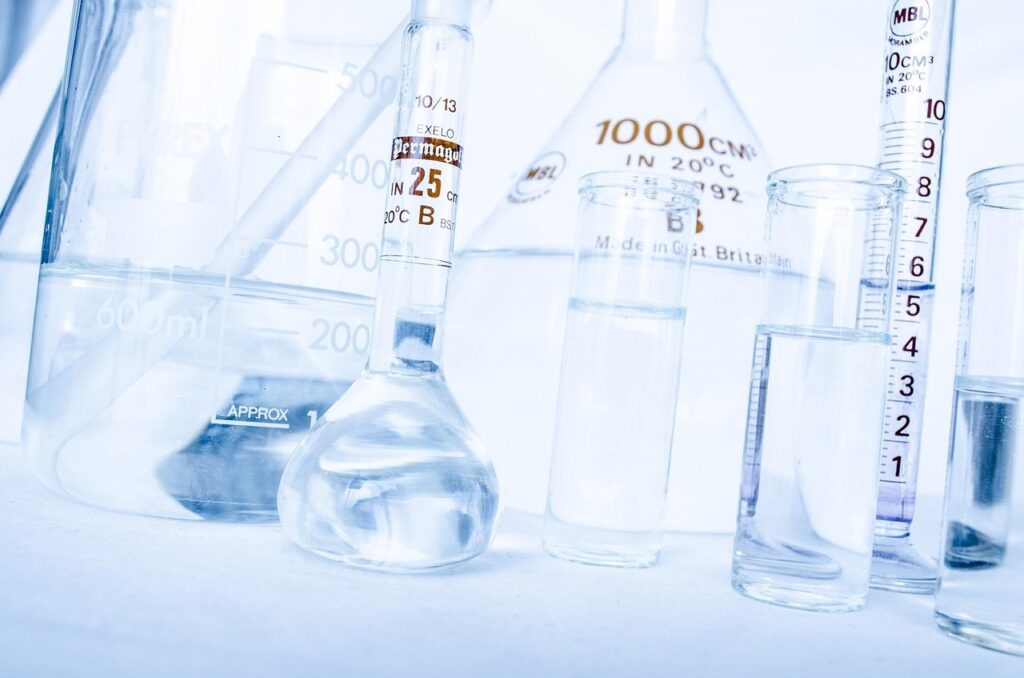In modern agriculture, it is crucial to recognize and preserve soil health for sustainable and productive farming. Soil, a complex ecosystem that supports crops, must be carefully managed. An essential part of this stewardship is soil testing for pesticides.
As agriculture progresses, the dynamic interaction between soil and inputs like pesticides requires a detailed understanding. Soil testing becomes essential for gaining precise insights into soil composition and the presence of pesticides, ensuring informed and responsible farming practices.
This proactive approach enhances immediate productivity and safeguards broader environmental factors, such as water systems and biodiversity, contributing to a balanced ecological equilibrium.
This comprehensive guide aims to highlight the importance of soil testing, its methodologies, and its impact on agricultural sustainability.
The Basics of Soil Testing
Soil testing is a fundamental practice in agriculture that entails the methodical examination of soil samples to evaluate different factors that affect plant growth and land productivity.
Essential elements involve:
- Gathering representative samples.
- Evaluating nutrient levels.
- Determining pH.
- Evaluating organic matter content.
- Identifying contaminants.
- Interpreting findings for well-informed decision-making.
This procedure empowers farmers to customize fertilizer applications, modify pH, and tackle soil health concerns, contributing to sustainable and effective crop production. Regular monitoring provides a continuous understanding of soil conditions, enabling farmers to adjust management practices.
Why Soil Testing for Pesticides Matters
Soil testing for pesticides is essential in modern agriculture for several compelling reasons. Firstly, it helps prevent environmental damage by identifying and managing pesticide residues, ensuring the protection of ecosystems and non-target organisms.
Secondly, it contributes to crop health and quality by enabling farmers to make informed decisions about precise pesticide application. Thirdly, soil testing promotes responsible pesticide management, minimizing the risk of over-application and reducing pesticide runoff into water bodies. It also helps farmers comply with stringent standards governing pesticide use.
Additionally, soil testing enables the early detection of residue buildup, preventing long-term environmental and health risks. By protecting water resources and aligning with sustainable agriculture principles, soil testing becomes a proactive and essential tool for farmers to balance productivity with environmental conservation.
Also, check our blog post on the detection of pesticides in fruits and vegetables to understand how soil testing is important.
The Environmental Implications
Improper management of pesticides poses a severe threat to the environment, leading to degradation with far-reaching consequences. This section highlights the pivotal role of soil testing in preventing such degradation by serving as a crucial tool in averting soil and water contamination.
By providing insights into pesticide levels in the soil, soil testing empowers farmers to tailor their pesticide application, minimizing the risk of excess pesticides leaching into the soil and contaminating water sources.
Moreover, the section emphasizes how soil testing protects beneficial organisms, including microorganisms and insects, crucial for nutrient cycling, soil structure, and pest control.
Farmers can gauge the impact of pesticides on these organisms through a proactive approach enabled by soil testing and adjust their strategies accordingly to safeguard the delicate ecological balance.
Promoting overall ecosystem health is a crucial outcome, as soil testing aids in maintaining the integrity of the soil and supports biodiversity, ecological processes, and the sustainability of agricultural landscapes.
Also, Check our blog post on pesticide analysis in food products to understand its implications on the environment.
Conducting Accurate Soil Testing
Conducting precise soil testing is crucial for maximizing crop productivity and promoting sustainable farming practices. The process entails systematic steps, beginning with collecting samples from strategic locations using clean and suitable tools.
It is essential to label and document samples to maintain a clear record. Selecting appropriate testing methods tailored to specific crops and soil types is vital, as is ensuring quality assurance in reputable testing laboratories.
Accurately interpreting soil test results, considering nutrient levels, pH, and potential contamination guides informed decision-making in crop management. Implementing recommendations derived from the results, such as adjusting fertilizer applications or incorporating soil amendments, translates precise soil testing into improved crop performance.
Soil Testing Technologies
The landscape of soil testing has been transformed by cutting-edge technologies that offer unprecedented precision and efficiency in assessing soil health. Spectroscopy, including near-infrared and mid-infrared techniques, provides rapid and non-destructive analyses of soil properties such as organic matter content and nutrient levels.
Chromatography methods, such as gas and liquid chromatography, excel in detecting and quantifying pesticides and contaminants in the soil. Molecular biology techniques, like PCR and DNA sequencing, contribute valuable insights into microbial communities and the presence of genetically modified organisms.
Electrochemical sensors offer real-time data on nutrient concentrations, supporting immediate adjustments in fertilizer application. X-ray fluorescence enables non-destructive elemental analysis, which is crucial for assessing soil fertility. Remote sensing technologies, encompassing satellite imagery and UAVs, facilitate large-scale soil monitoring by providing spatial and temporal data.
Soil respiration monitoring gauges microbial activity, offering dynamic insights into soil health. Integrating artificial intelligence and machine learning enhances data analysis and interpretation, empowering farmers with personalized recommendations based on extensive datasets.
Integrating Soil Testing into Farming Practices
Integrating soil testing into farming practices is a transformative approach to optimizing agricultural efficiency, sustainability, and environmental responsibility. This process begins with strategic soil sampling protocols, ensuring representative samples that accurately capture the dynamic nature of the soil.
Timely and regular soil testing becomes a routine practice, allowing farmers to monitor changes in soil health over time and make informed decisions. This integration aligns with precision agriculture techniques, enabling site-specific management through data-driven technologies.
Customized fertilizer applications, guided by soil testing insights, enhance crop yields and minimize the risk of over-fertilization, thus reducing environmental impact. Soil testing informs pH adjustment strategies, facilitates the incorporation of soil amendments, and guides informed crop rotation and selection based on soil conditions.
By adopting these practices, farmers contribute to environmental impact mitigation by preventing soil and water contamination, promoting responsible land management, and preserving ecosystems and biodiversity.
Economic Benefits of Soil Testing for Pesticides
The economic benefits of soil testing for pesticides are multifaceted, contributing to cost savings, improved crop yields, and sustainable agricultural practices. Understanding and managing pesticide levels in the soil through systematic testing provide several economic advantages for farmers:
Optimized Pesticide Use:
Soil testing allows farmers to precisely determine the appropriate levels of pesticides needed for their specific soil and crop conditions. This targeted approach prevents over-application, reducing unnecessary expenses on excess pesticides and minimizing the risk of environmental contamination.
Cost Savings on Inputs:
By tailoring pesticide applications based on soil test results, farmers can achieve significant cost savings on inputs. Avoiding unnecessary pesticide usage reduces direct expenses and lowers the environmental and health risks associated with the overuse of chemical inputs.
Increased Crop Yields:
Optimizing pesticide use through soil testing contributes to healthier and more resilient crops. By addressing potential issues identified in the soil, such as nutrient deficiencies or pest pressures, farmers can enhance overall crop yields. Improved crop productivity directly translates into increased revenue for agricultural operations.
Prevention of Crop Losses:
Soil testing helps identify and address potential pest-related challenges before they escalate. By proactively managing pesticide applications based on soil conditions, farmers can prevent or mitigate crop losses caused by pests and diseases. This prevention further safeguards their economic investment in the cultivation of crops.
Long-Term Sustainability:
Adopting soil testing practices contributes to the long-term sustainability of agricultural operations. By avoiding the unnecessary use of pesticides and promoting responsible management practices, farmers preserve the health of their soil and reduce the risk of developing pesticide-resistant pests. This long-term sustainability protects the economic viability of the land for future generations.
Environmental Stewardship:
Beyond immediate economic gains, soil testing for pesticides aligns with environmentally conscious farming practices. By minimizing pesticide runoff and reducing the impact on non-target organisms, farmers contribute to environmental stewardship. This fulfills ethical responsibilities and avoids potential costs associated with environmental damage and regulatory non-compliance.
Enhanced Market Access:
Increasingly, consumers and markets are prioritizing sustainably produced agricultural products. Farmers who adopt responsible pesticide management practices supported by soil testing enhance their market appeal. This can lead to better market access, premium prices for sustainably produced crops, and a competitive edge in the agricultural industry.
Government Regulations and Soil Testing
Governments worldwide are increasingly recognizing the importance of regulating pesticide use in agriculture. This section explores existing regulations related to soil testing for pesticides and discusses how adherence to these regulations benefits farmers and the environment. It also touches on the role of government agencies in promoting responsible pesticide management practices.
Check out SMS LABS pesticide testing services to determine your soil health.
Conclusion:
Soil testing for pesticides emerges as a critical and multifaceted element in modern agriculture, transcending individual farms to contribute to overarching objectives of environmental protection, sustainable farming practices, and economic viability.
The significance of soil testing extends beyond immediate crop management, encompassing broader responsibilities toward ecological health and long-term agricultural sustainability. By comprehending the crucial role of soil testing, farmers are empowered to make informed decisions that benefit their crops and align with environmental conservation efforts.
This comprehensive guide is a valuable resource that equips farmers, agricultural professionals, and environmental enthusiasts with the knowledge to advocate and implement responsible pesticide management practices through diligent soil testing.
Through this collective commitment, agriculture can strike a harmonious balance between productivity, environmental preservation, and economic success.

